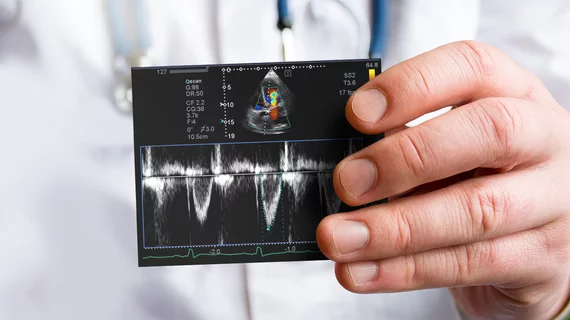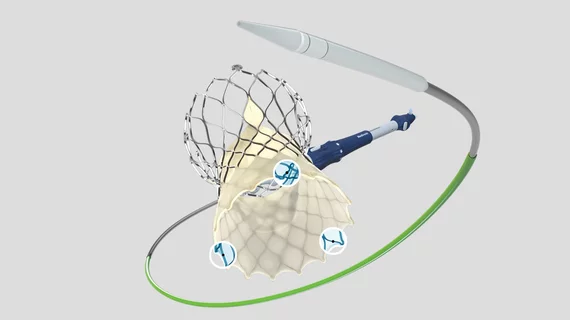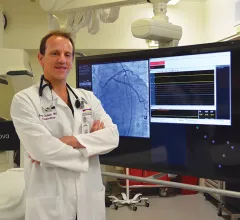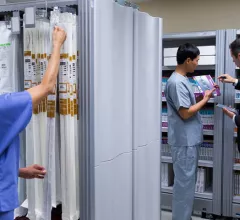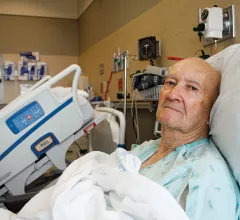
[ARTICLE] Building a Protected PCI Program: Defining Algorithms, Selecting Patients
Offered in cooperation with Abiomed
[ARTICLE] Building a Protected PCI Program: The Community Hospital Approach
Offered in cooperation with Abiomed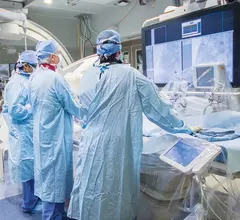
[ARTICLE] Building a Protected PCI Program: The Programmatic Approach
Offered in cooperation with Abiomed
[ARTICLE] Building a Protected PCI Program: The Heart Team Approach
Offered in cooperation with Abiomed Displaying 57 - 64 of 95



